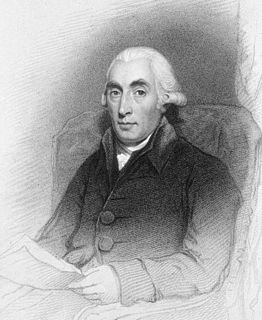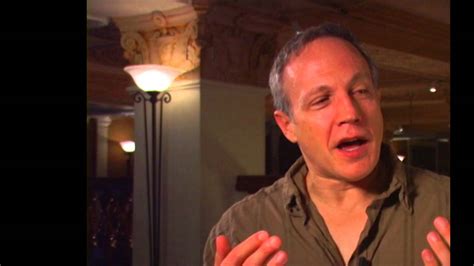A Quote by Will Durant
Science gives us knowledge, but only philosophy can give us wisdom.
Related Quotes
To recognize our bias toward error should teach us modesty and reflection, and to forgive it should help us avoid the inhumanity of thinking we ourselves are not as fallible as those who, in any instance, seem most at fault. Science can give us knowledge, but it cannot give us wisdom. Nor can religion, until it puts aside nonsense and distraction and becomes itself again.
Only in the West did a philosophy develop that was not only no longer the love of wisdom but went so far as to deny the category of wisdom as a legitimate form of knowledge. The result was a hatred of wisdom that should more appropriately be called ‘misosophy’ (literarily hatred of Sophia, Wisdom) rather than philosophy.
Upon the whole, Chymistry is as yet but an opening science, closely connected with the usefull and ornamental arts, and worthy the attention of the liberal mind. And it must always become more and more so: for though it is only of late, that it has been looked upon in that light, the great progress already made in Chymical knowledge, gives us a pleasant prospect of rich additions to it. The Science is now studied on solid and rational grounds. While our knowledge is imperfect, it is apt to run into error: but Experiment is the thread that will lead us out of the labyrinth.
The interpretations of science do not give us this intimate sense of objects as the interpretations of poetry give it; they appeal to a limited faculty, and not to the whole man. It is not Linnaeus or Cavendish or Cuvier who gives us the true sense of animals, or water, or plants, who seizes their secret for us, who makes us participate in their life; it is Shakspeare [sic] … Wordsworth … Keats … Chateaubriand … Senancour.
Wisdom and knowledge can best be understood together. Knowledge is learning, the power of the mind to understand and describe the universe. Wisdom is knowing how to apply knowledge and how not to apply it. Knowledge is knowing what to say; wisdom is knowing whether or not to say it. Knowledge gives answers; wisdom asks questions. Knowledge can be taught, wisdom grows from experience.
Science is expanding, and with it our vision of the universe. although this new and constantly changing view may not always give us comfort, it does have the virtue of truth according to our most effective resources for acquiring knowledge. No philosophy, moral outlook, or religion can be inconsistent with the findings of science and hope to endure among educated people.
Improved perception of our somatic feelings not only gives us greater knowledge of ourselves but also enables greater somatic skill, facility, and range of movement that can afford our sensory organs greater scope in giving us knowledge of the world. Besides augmenting our own possibilities of pleasure , such improved somatic functioning and awareness can give us greater power in performing virtuous acts for the benefit of others, since all action somehow depends on the efficacy of our bodily instrument.
In our learning, let us not neglect the fountain of revelation. The scriptures and the words of modern-day apostles and prophets are the sources of wisdom, divine knowledge, and personal revelation to help us find answers to all the challenges in life. Let us learn of Christ; let us seek out that knowledge which leads to peace, truth, and the sublime mysteries of eternity.
Wisdom cannot be imparted. Wisdom that a wise man attempts to impart always sounds like foolishness to someone else ... Knowledge can be communicated, but not wisdom. One can find it, live it, do wonders through it, but one cannot communicate and teach it.”
- Hermann Hesse, Siddhartha "We don't receive wisdom; we must discover it for ourselves after a journey that no one can take for us or spare us from.





































